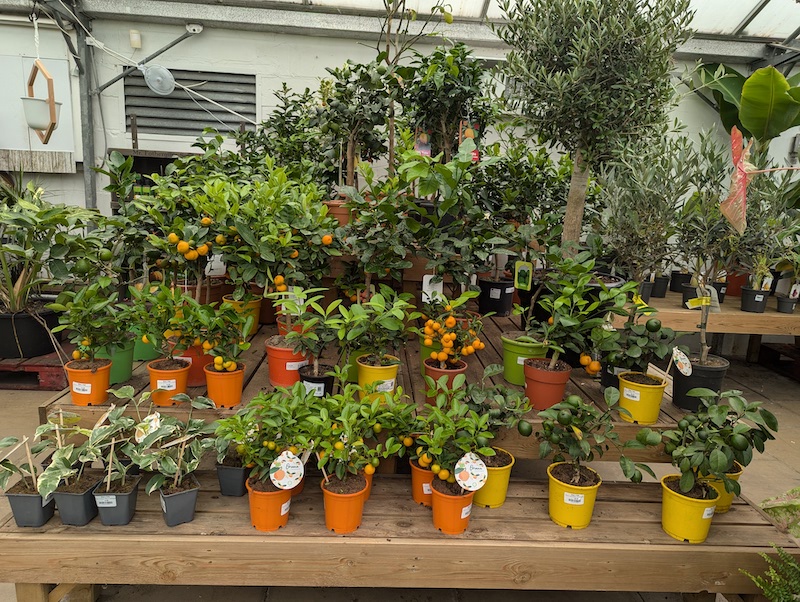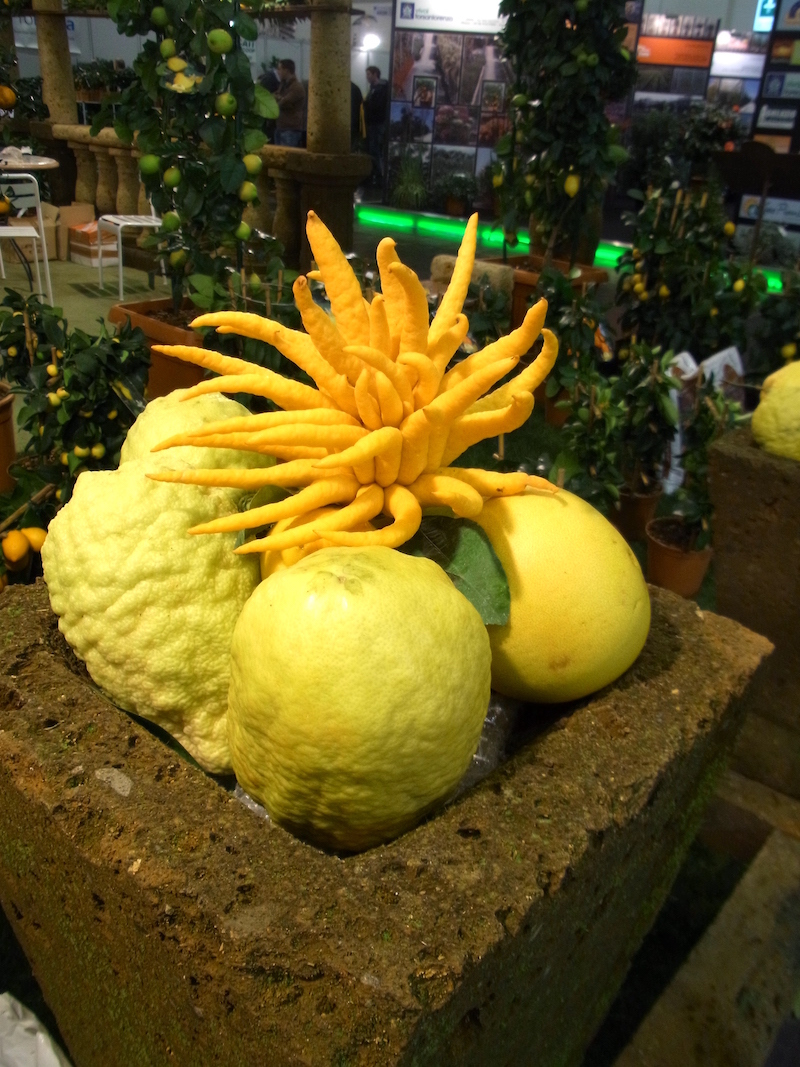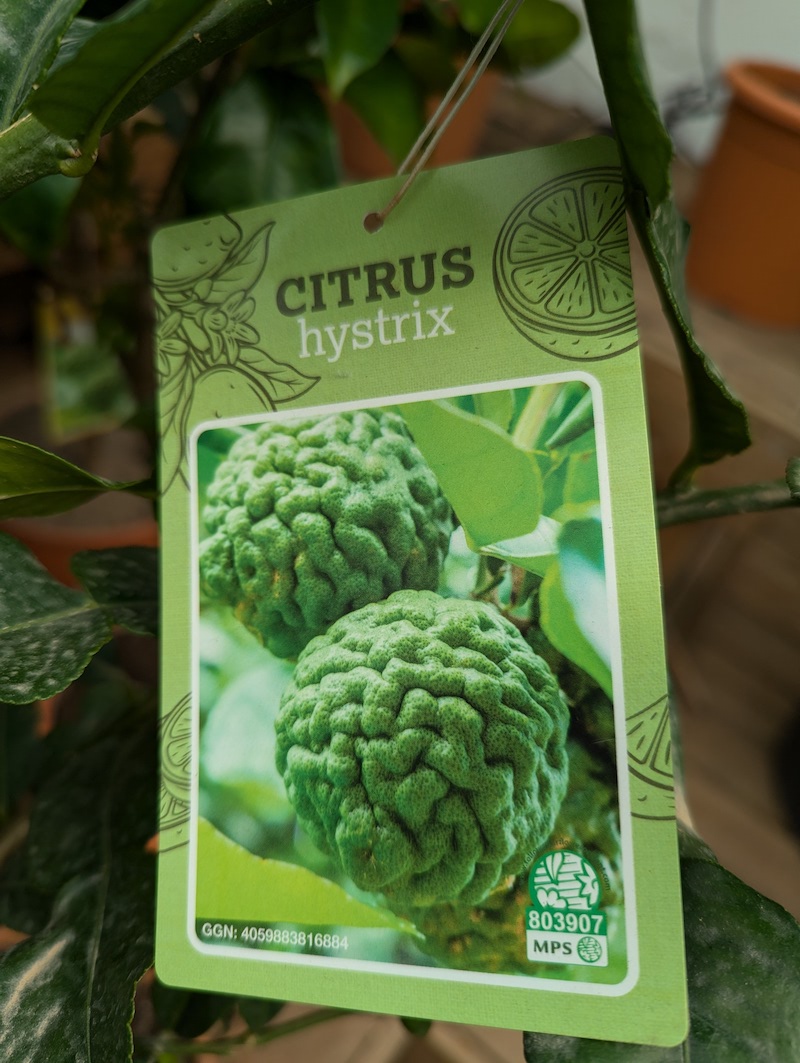
Home > Gardening News >
The top-seller lists in the houseplant section of larger garden centres now include citrus plants. From the odd one or two a few years ago, the range is expanding all the time and you can find some quite exotic-looking fruits.
As with most plants, they vary considerably in size and demands. From small calamondin oranges that are happy in an average room to lemons, which are much bigger and better suited to a greenhouse. Before you buy, decide whether you want to use the fruit or just admire it. Some are much easier to use than others!

All are happy growing in containers, as long as they have enough space for the roots, water and are fed well. Keeping them in pots allows you to move them outdoors for the summer. The more light you can give any citrus plant, the better. They originate from Mediterranean-type areas, where the light levels are high.

Lemons are readily available, fruit regularly if they are happy and the flowers will fragrance the air better than anything out of a spray. They have flowers, embryo fruits and mature fruits on the plant at the same time and the fruits can be left until you are ready to use them, although they will eventually fall off.
They can stand outdoors in a sheltered spot over the summer, but need winter protection to keep them above freezing. Let the compost dry between waterings, then soak it.
Some oranges are more touchy and need regular moderate watering or they will shed their fruit. Citrus must never become waterlogged.
Many oranges have one flowering time, so if something goes wrong, it's game over. Striped fruits are available, as are red "blood" oranges. The fruits of small oranges and kumquat are edible, but tart, so are ideal for adding to sweet dishes.
Various forms of limes need differing conditions, so always check the label before you buy. These plants are often quite expensive, so research can be important.
Yuzu are amongst the hardiest citrus plants, capable of coping to -6C They can stay outside all year in milder areas, although the roots benefit from protection during frosty weather if they are growing in pots. They are very popular in both savoury and sweet Japanese cuisine and are slowly creeping onto the UK market. They need feeding well and very regularly to keep them healthy and ensure a crop.
Claw-shaped, finger-shaped and knobbly citrus fruits have novelty value, but are usually less useful for eating. They are ideal for decorating and in drinks.

Pruning, where necessary, should be done in spring. Never remove more than one third of the growth and NEVER cut a lemon back so far it has no leaves. Unlike other plants, citrus store little or no food within the plant, so removing the leaves (which manufacture natural sugars from sunlight) can kill them.
Overall, with their glossy leaves and room-refreshing fragrance, citrus are well worth growing if you have space for them. They all need regular feeding and watering to keep them growing well, but never leave them waterlogged.
All are prone to being attacked by scale insects, so be alert for sticky residue on the leaves. This is often followed by a coating of black "sooty" mould, which lives on the sugary deposit. They can be dealt with organically. Webbing on the shoots is likely to be caused by red spider mites, which can be controlled with a predatory mite available by mail order.

This story was published on: 16/08/2024
Image attribution: Main: Ryan Baker / Pexels | Inset: Val Bradley
Links to external, or third party websites, are provided solely for visitors' convenience. Links taken to other sites are done so at your own risk and Garden Help accepts no liability for any linked sites or their content. When you access an external website, keep in mind that Garden Help has no control over its content. Any link from us to an external website does not imply or mean that Garden Help endorses or accepts any responsibility for the content or the use of such website. Garden Help does not give any representation regarding the quality, safety, suitability, or reliability of any external websites or any of the content or materials contained in them. It is important for users to take necessary precautions, especially to ensure appropriate safety from viruses, worms, Trojan horses and other potentially destructive items. When visiting external websites, users should review those websites' privacy policies and other terms of use to learn more about, what, why and how they collect and use any personally identifiable information. Hyperlinks and hypertext links are provided on our website to promote easy access to the variety of information and services provided. We accept no liability arising out of the use of such links, including: misuse or misunderstanding of these hyperlinks and hypertext links and web site navigational methods third party interpretation of data or information which is distributed around the web site and reached using hypertext and hyperlinks third party understanding of or use of the navigational structure of the site or the interpretation of distributed information on the site We may revise this disclaimer at any time, without prior notice, by updating this web page.
We work hard to make sure that every image is used properly and according to the creator's wishes. If you feel that there is a attribution or copyright issue, please Click Here IMMEDIATELY
Rikugien Gardens
Tokyo, Japan
Gardens of the Generalife, Alhambra
Granada, Spain
Monet's Garden, Giverny
Giverny, France
Vallarta Botanical Garden
Vallarta, Mexico
Eram Garden
Shiraz, Iran
Kenrokuen Garden
Kanazawa, Ishikawa, Japan